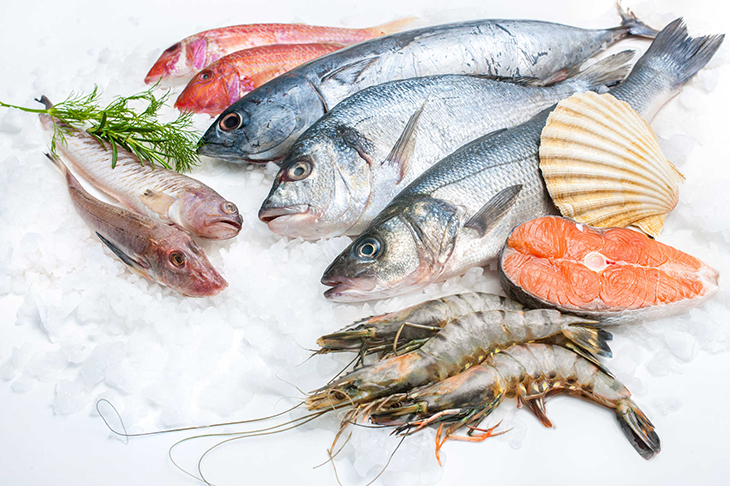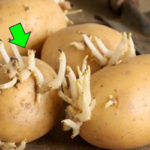1. Are frozen foods safe to store in a freezer?
You can store almost any type of food in a freezer because food stored continuously at -17 °C (0 °F) or below will always be safe.
In particular, freezing preserves food by preventing the growth of microorganisms that cause spoilage and prevents the food from deteriorating.
2. Considerations when storing food in a freezer
Types of food
You can freeze almost any type of food except for a few exceptions such as canned foods or eggs in their shells, mayonnaise, liquid sauces, meats, and poultry if you do not know how to properly freeze them to maintain their quality after thawing, as the moisture is lost during the storage process. You are better off storing them in the refrigerator at a moderate temperature.
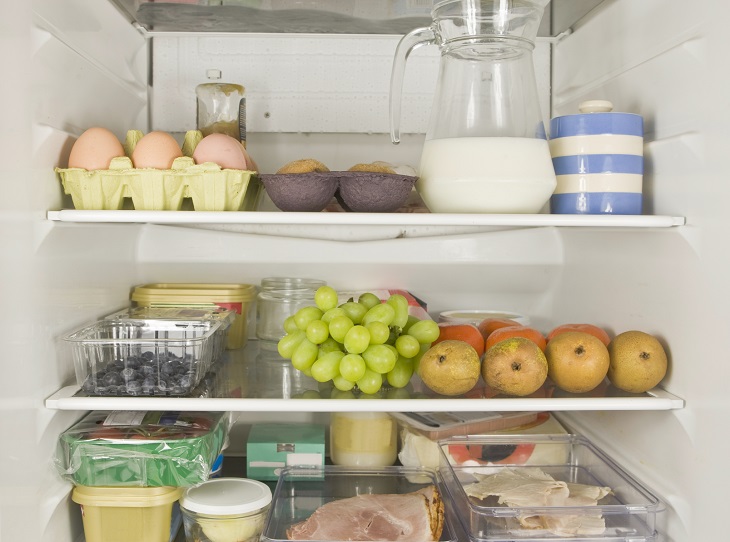
Specifically:
- Cheese: If you freeze hard cheese, it will become crumbly. If you freeze soft cheese, the moisture will break down their smooth texture.
- Potatoes: Potatoes have a high water content, and ice crystals will form when you freeze fresh potatoes. After thawing, the potatoes will definitely become mushy.
- Yogurt: The structure of yogurt will lose its consistency when frozen.
- Eggs in cartons: When frozen, the liquid inside the eggs will solidify, expand and break the outer shell.
- Fruits and vegetables: These types of foods have a high water content so they will become frozen when stored in a freezer and thawing them is not easy.
- Fresh milk: Frozen milk will become clumpy when thawed, so freezing milk is not a good idea if it is meant to be consumed directly.
- Herbs, salad greens: They will wilt and become limp after being frozen, and they will also lose their aroma.
Wrap the food before storing
Proper packaging will help maintain the quality of the food and limit any changes in color and flavor. However, over time, the packaging may become porous, affecting the quality of the food compared to its original condition.
To store for a long time, you should consider using vacuum-sealed bags to ensure that no air or moisture comes into contact with the food during the storage process.
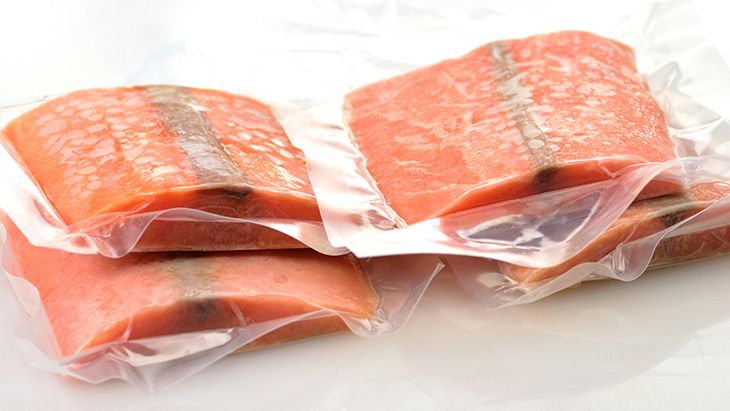
Note that if you notice that a package has accidentally torn open while in the freezer, check the safety status for later use and repackage it with other types of bags/wraps before continuing storage.
Storage time
If the temperature in the freezer is maintained at -17 °C (0 °F) or below, the storage time for safe food is almost unlimited. However, it is important to determine the shelf life to ensure the best quality of the food.
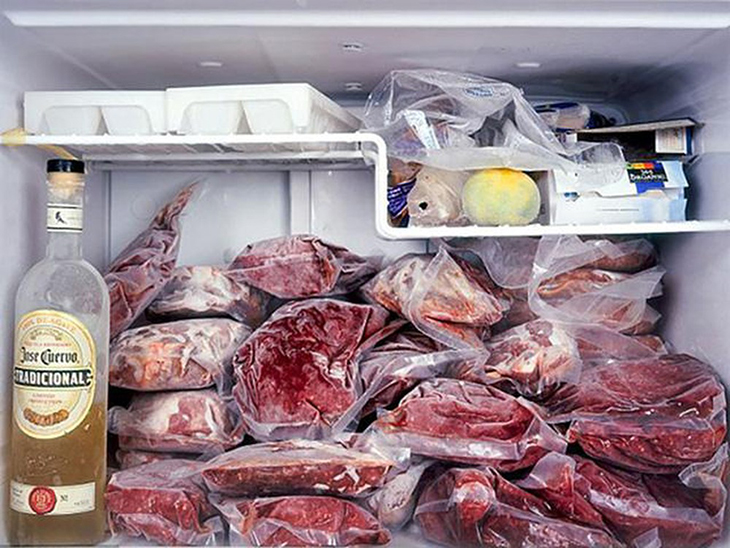
You can determine its quality after thawing. First, check the smell. Some foods will have an unpleasant odor when frozen for too long and need to be discarded.
Some foods may not retain their original color or develop brown or gray spots. At that point, the food is not spoiled but it may not taste good when cooked, so depending on quality requirements, you will decide whether to keep or discard it.
Adjust the temperature
You should avoid opening the freezer frequently, and also check the gaskets around the door to ensure that the freezer is not losing the cold air even when closed.
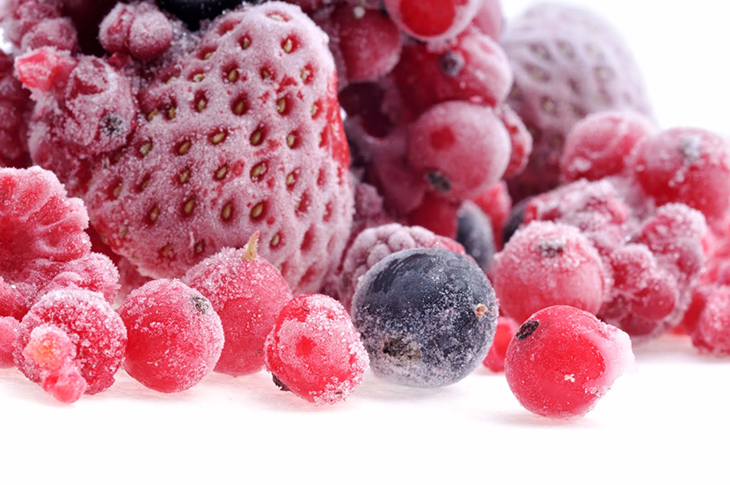
Leaking the cold air will affect the quality of the food stored inside and waste energy. Keep a thermometer device inside the freezer to check the temperature.
Note when thawing
There are three safe ways to thaw food: in the refrigerator, in cold water, or in the microwave. It is best to plan ahead to safely thaw the food slowly in the refrigerator. Smaller portions may thaw overnight, while most foods require one or two days.
If you are in a hurry, place the food in a sealed plastic bag to prevent leakage and immerse it in cold water. Check the water regularly to make sure it stays cold, change the water every 30 minutes. Cook immediately after thawing.
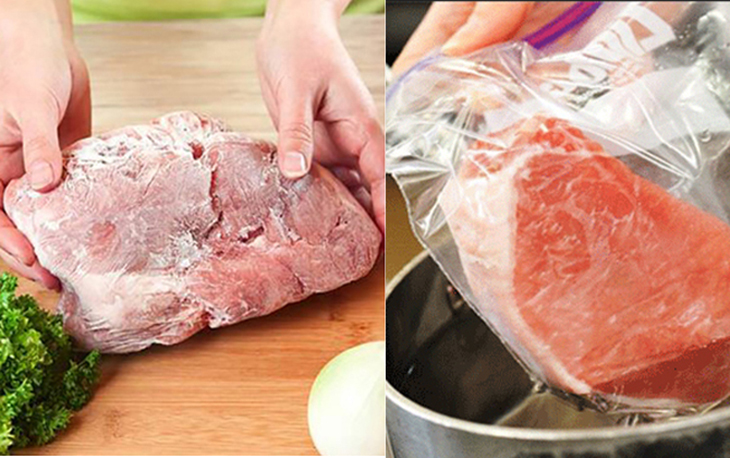
Note when refreezing
Only when the food is adequately thawed in the refrigerator can it be refrozen without cooking, although there may be a loss in quality due to loss of moisture. Do not refreeze any type of food that has been outside of the refrigerator for more than 2 hours at temperatures above 32 °C (90 °F).
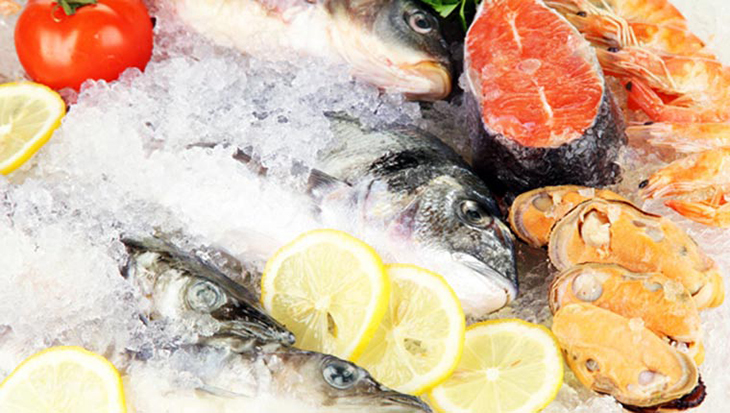
8 Common Mistakes People Make with Cutting Boards
Are you using your cutting board correctly? Many Vietnamese households rely on cutting boards in their kitchen, but not everyone knows how to use them properly, especially when it comes to wooden cutting boards. Check out these 8 mistakes to avoid when using a cutting board to ensure both hygiene and safety for everyone in your family.
Is Refrigerated Leftovers Linked to an Increased Risk of Cancer?
Dr. Lam Van Man, Head of Research, Development and Technology Transfer Department of the Institute of Safety Food, has warned of the risk of food poisoning when reheating leftovers from the refrigerator. But what should we be aware of when it comes to the possibility of these leftovers causing cancer? Here, we explore what the experts have to say on the matter and offer some tips for safe eating.
Preserving Leftover Food from the Tet Holiday
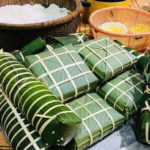 Food from the Tet Holiday’>
Food from the Tet Holiday’>With the beginning of the Lunar New Year, many households are stocking up on food to celebrate the festive occasion. While keeping food in the refrigerator is convenient, it can also be harmful to users if not done correctly. We have compiled a few tips to help ensure food remains fresh and safe to consume during Tet.
Storing Food in the Refrigerator for Optimum Freshness
 Refrigerator for Optimum Freshness’>
Refrigerator for Optimum Freshness’>Have you ever wondered how to properly store food in the fridge to ensure optimal safety? Many households have adopted the practice, but proper techniques should be employed.
























